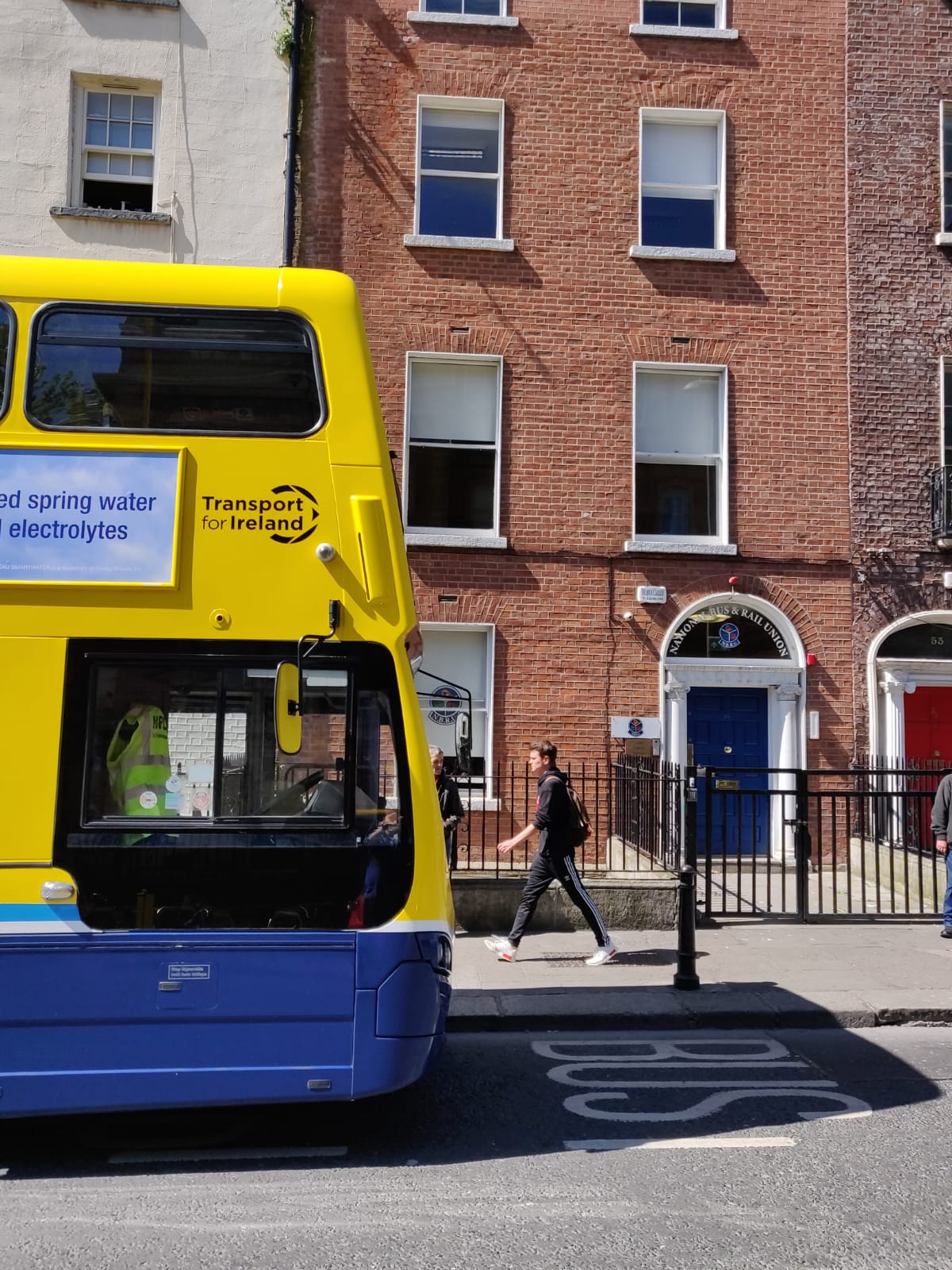Essential Maintenance is being conducted on our website please bear with us
- Site will be available soon. Thank you for your patience! If you require urgent assistance contact 018730411
Or email: reception@nbru.ie

Or email: reception@nbru.ie
